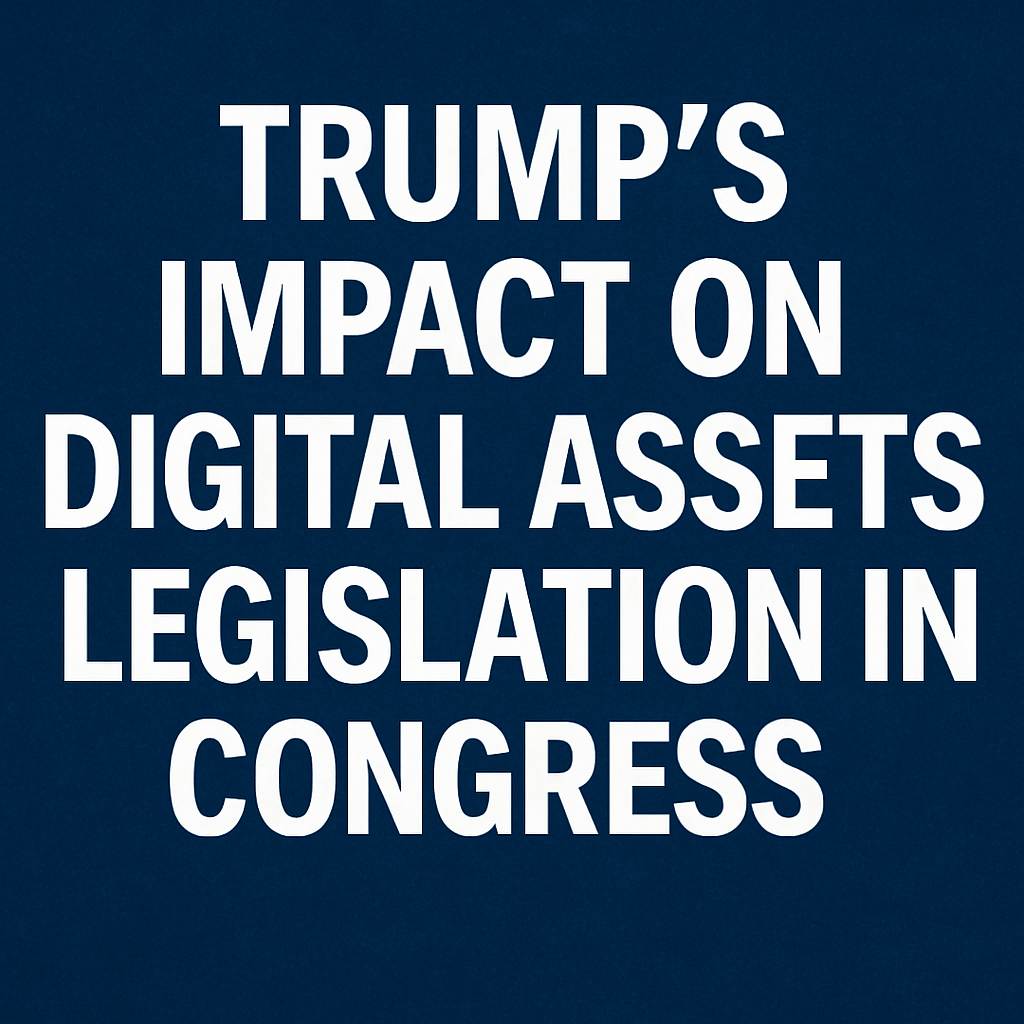Trump’s Impact on Digital Assets Legislation in Congress


In recent hearings held by two House committees, lawmakers engaged in rigorous discussions regarding a proposed framework for regulating digital assets. As the cryptocurrency market continues to gain traction, concerns were raised about former President Donald Trump’s potential conflict of interest, given his previous ties to the crypto industry. These discussions underscore the complexities of legislating a rapidly evolving market while balancing ethical considerations.
The Debate on Digital Assets Regulation
During the hearings, committee members examined various aspects of digital assets, including their classification, taxation, and regulatory oversight. Experts and lawmakers emphasized the need for a comprehensive framework that addresses consumer protection, anti-money laundering (AML) measures, and the taxation of cryptocurrency transactions. Several suggestions were made to create a clear distinction between speculative assets and utility tokens, which could help streamline regulatory processes.
Key Points Raised by Lawmakers
- Consumer Protection: Lawmakers highlighted the importance of safeguarding investors against fraud, particularly in the wake of multiple high-profile scams in the crypto space.
- Taxation Clarity: Experts advocated for clearer guidelines on how cryptocurrencies should be taxed, suggesting that the IRS needs to establish specific regulations tailored to digital assets.
- AML Compliance: Another critical issue discussed was the need for enhanced AML protocols to prevent cryptocurrencies from being used for illicit activities.
Trump’s Cryptographic Connections
Former President Trump has reportedly had personal investments in cryptocurrency and has commented on its potential, expressing skepticism about digital currencies issued by central banks (CBDCs). His previous endorsements of digital assets have led some analysts to question whether his influence could sway regulatory outcomes. For instance, Trump’s statements about Bitcoin and other cryptocurrencies have often caused significant price fluctuations, indicating the weight his opinions carry among investors.
Impact of Trump’s Statements on Market Sentiment
Market analysts suggest that Trump’s remarks during various interviews could potentially impact investor psychology. His affiliation with the industry could lead segments of Congress to adopt a more cautious approach toward digital assets. Furthermore, scrutiny over Trump’s potential profits from the crypto sector may lead to calls for more stringent regulations aimed at preventing conflicts of interest.
Industry Reactions and Future Considerations
The cryptocurrency industry has responded with mixed sentiments toward the ongoing legislative discussions. Some industry leaders advocate for proactive legislative measures to protect innovation, while others express concern that heavy regulation could stifle growth. In a recent statement, a prominent industry lobbying group stated, “We recognize the need for regulation, but it must be balanced to encourage innovation in the digital asset space.”
International Perspectives on Crypto Regulation
As the U.S. grapples with its regulatory framework, global developments are also influencing the domestic debate. Countries like the European Union and China are advancing their regulatory models, pushing for a clearer framework that balances innovation with safety. Policymakers in the U.S. are closely watching these international movements to avoid falling behind.
Conclusion: The Path Forward for Digital Assets Legislation
As Congress continues its legislative efforts, the intersection of Trump’s connections to the crypto industry and the need for comprehensive regulations presents a unique challenge. Policymakers must navigate a complex landscape that addresses the rapid evolution of digital assets while ensuring ethical governance. With discussions ongoing, stakeholders in both the public and private sectors are eager to see how these developments will shape the future of digital assets in the United States.